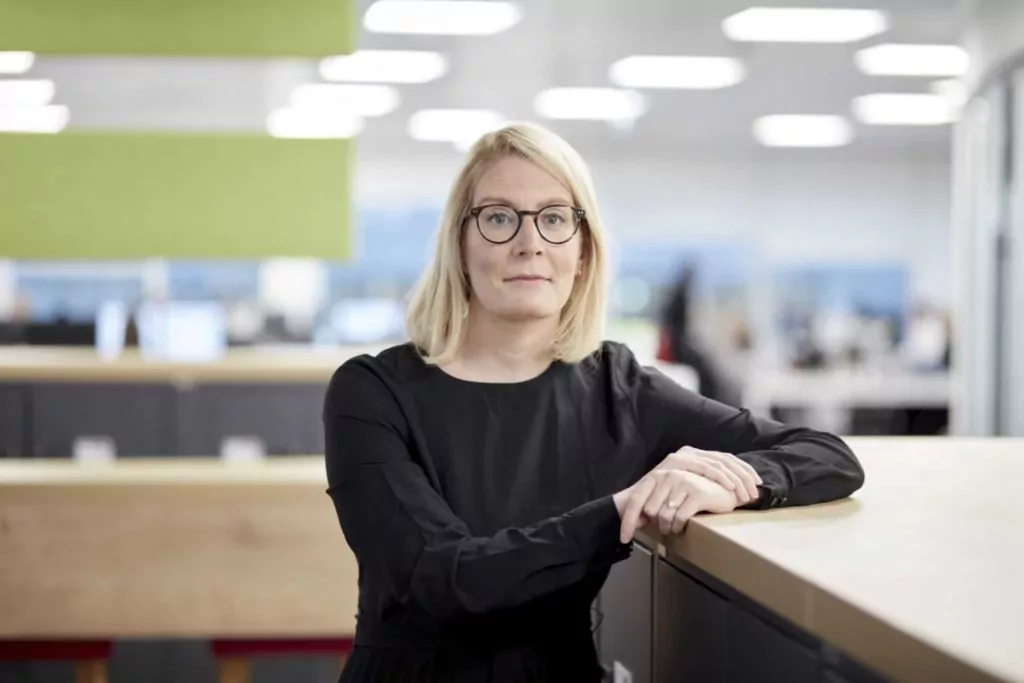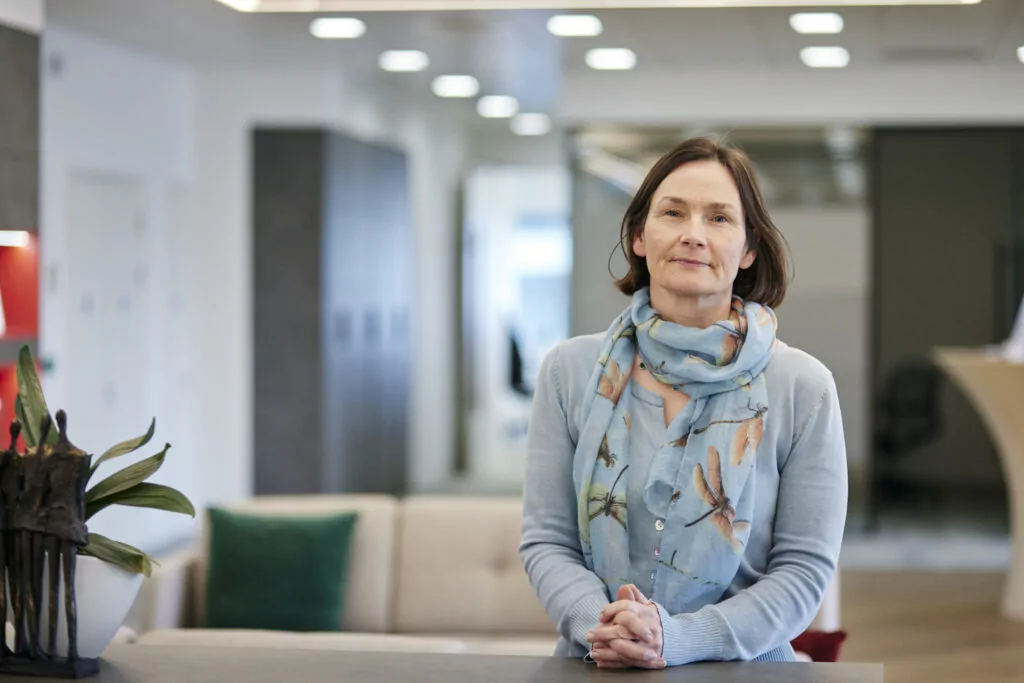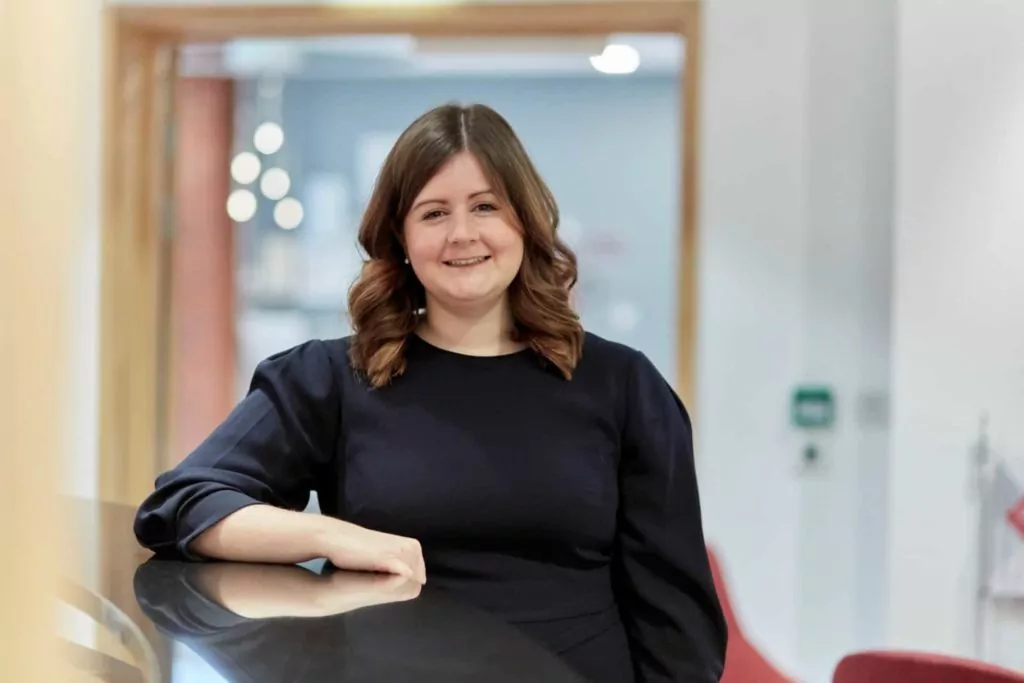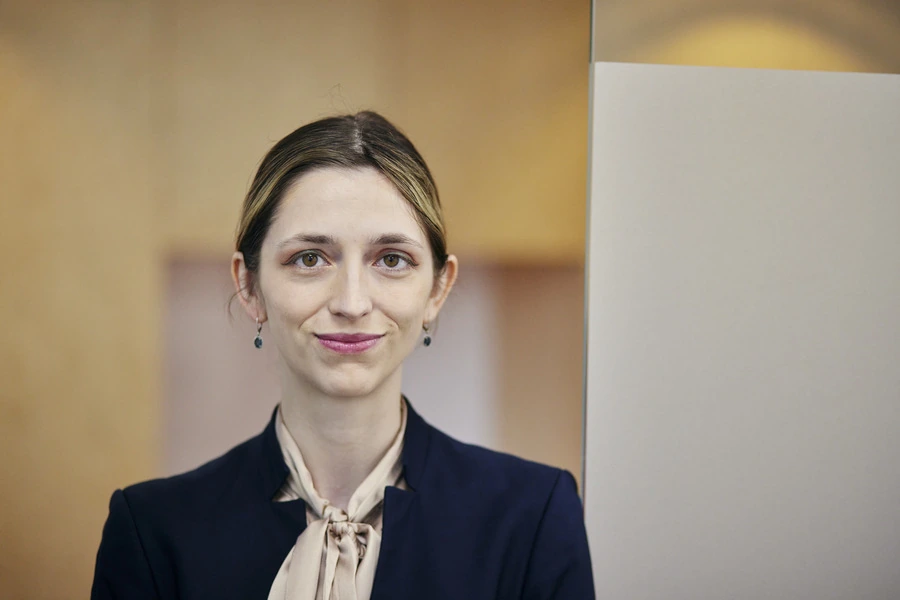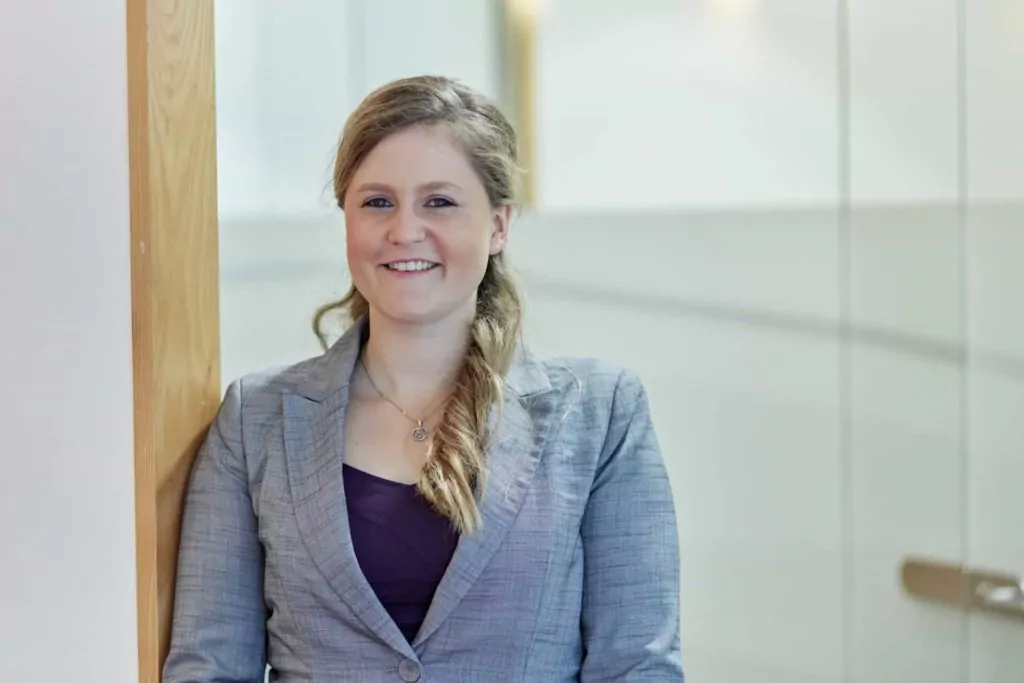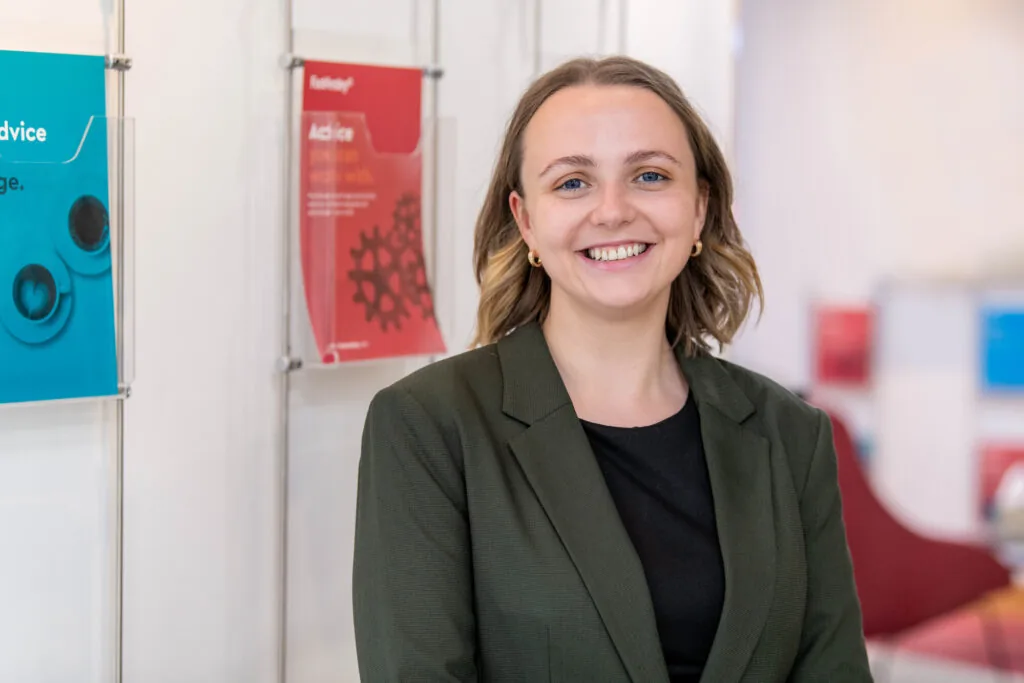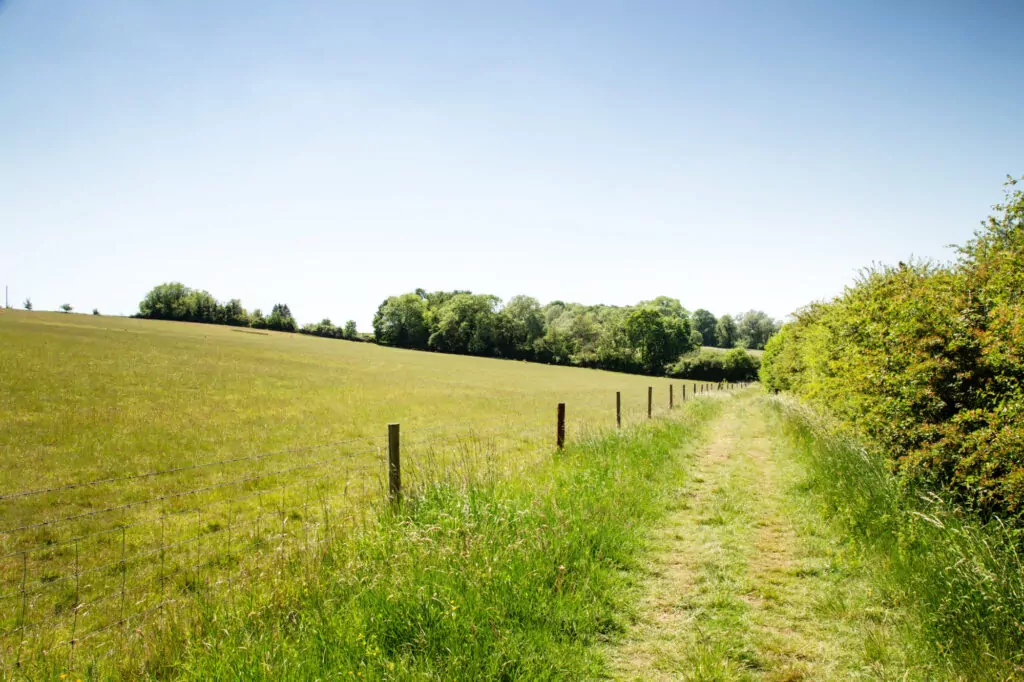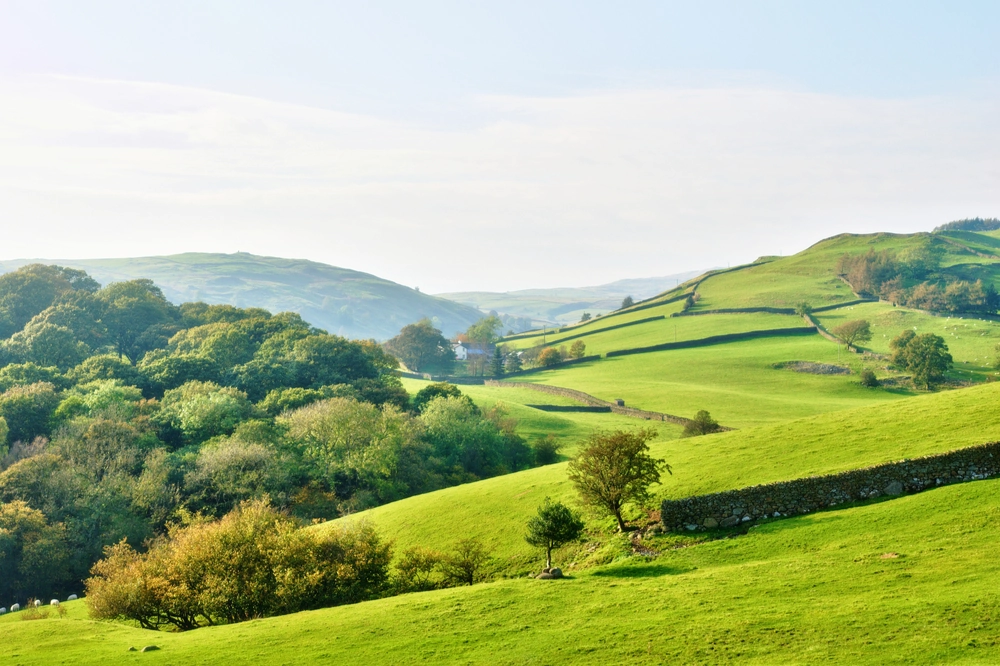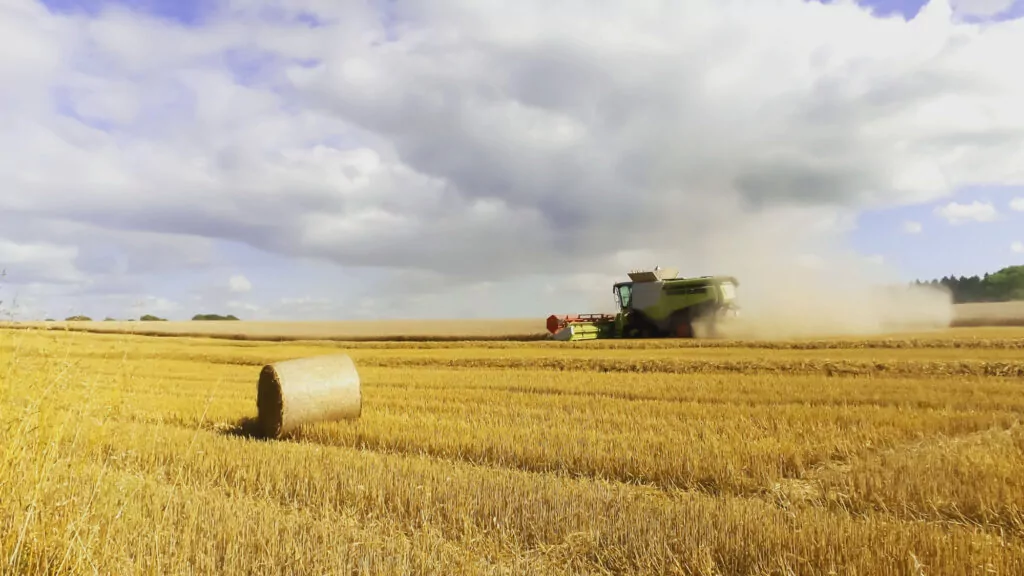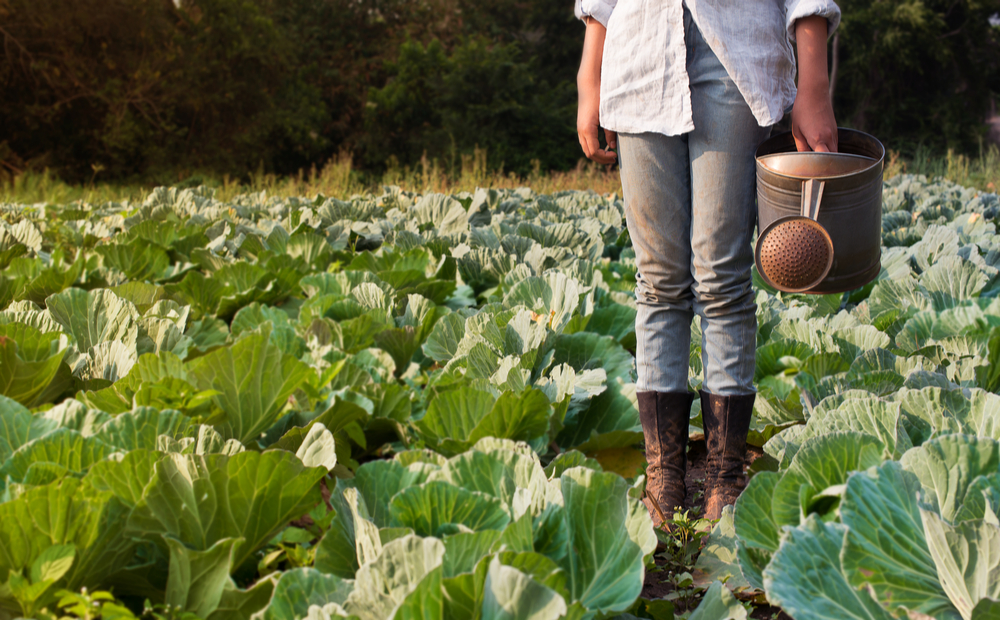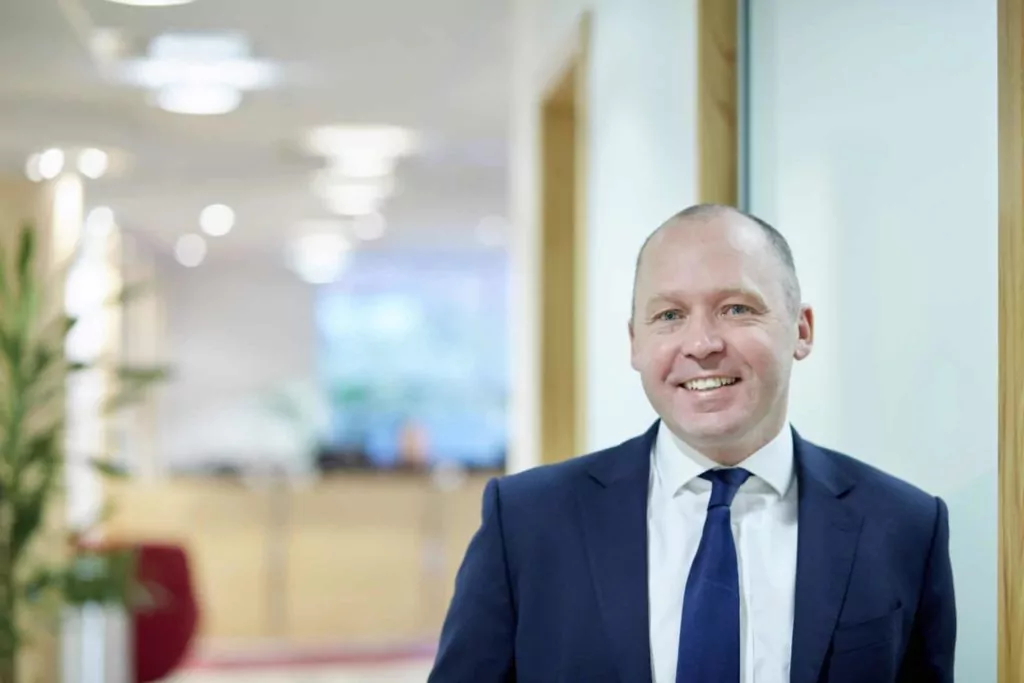
The considerations involved with agrivoltaics – optimising land use to address the dual needs of energy & food production

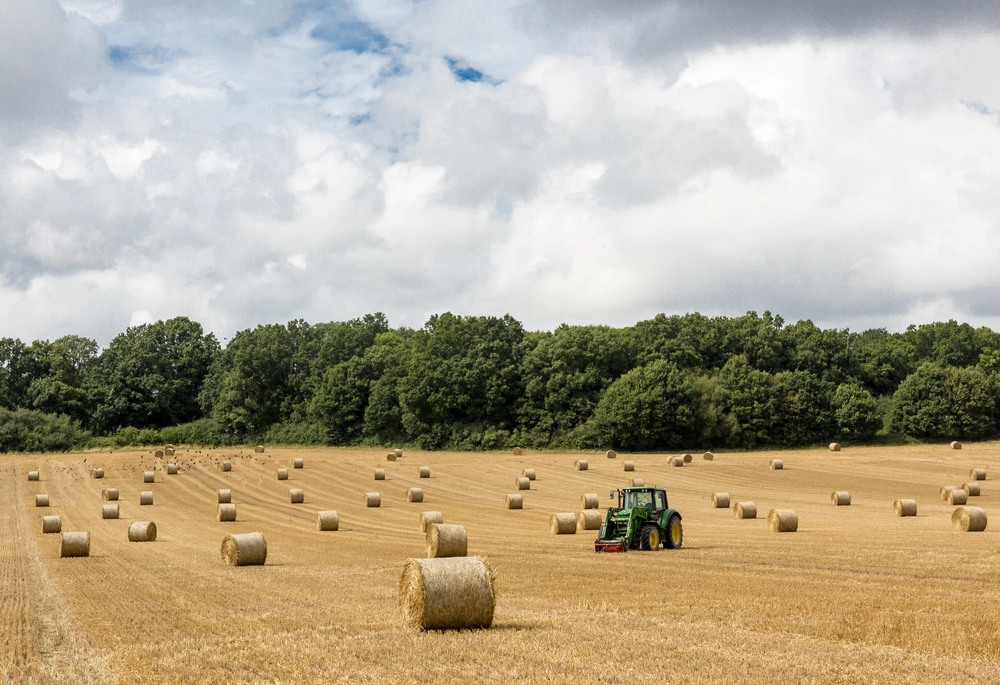
Agrivoltaics can be widely defined as any implementation or configuration of land for both electricity generation and agricultural purposes. In the UK, the two main occurrences are land used for sheep or beekeeping alongside solar panels.
To encourage the use of land for agrivoltaics in the UK, the use of land for the specific purpose should have statutory recognition as a land. This would mean that, for tax and planning purposes, such land would not be recognised as simply de facto non-agricultural. This in turn, would mean farmers would not lose out on agricultural tax reliefs.
In countries like Italy, business rates for solar generation are charged only on the specific parcels of land covered by the panels. Whilst this approach may 'overcomplicate' how the use of the land is defined for legal purposes, there does need to be some creativity from policy makers about how land used for agrivoltaics can be defined for planning and tax purposes.
Another key barrier to greater utilisation of agrivoltaic solutions is the size of agricultural machinery generally available and used in the UK market. To accommodate this machinery, rows of solar panels need to be a certain distance apart, and certain capex designs cannot be utilised. Because of this, sheep farming is the only real viable agricultural activity to have in parallel to solar energy generation on the land, meaning that other livestock such as cows or arable farming options are not.
Large machinery also increases the risk that panels are damaged throughout the lifecycle of the solar panel farm (which may be approximately 40 years). This increases insurance costs and this coupled with the issue of securing favourable recognition of the land for tax purposes, means it can be very difficult for leaseholders to obtain landowner consent for agrivoltaic construction and use.
If you have any questions on agrivoltaics, please read more about our agricultural solicitors or contact Senior Associate, Kate Lucas in our Farms, Estates and Rural Land team.


